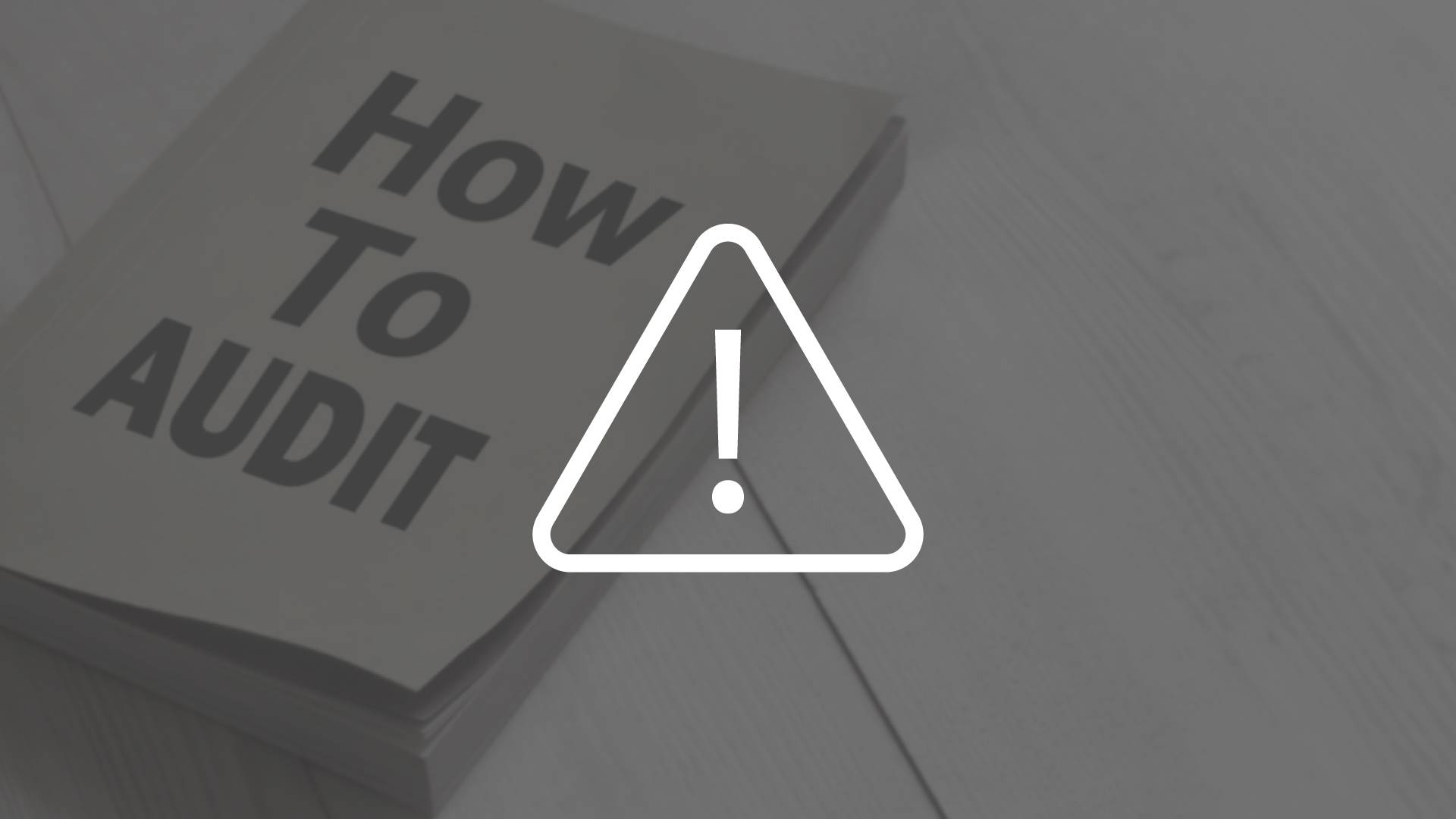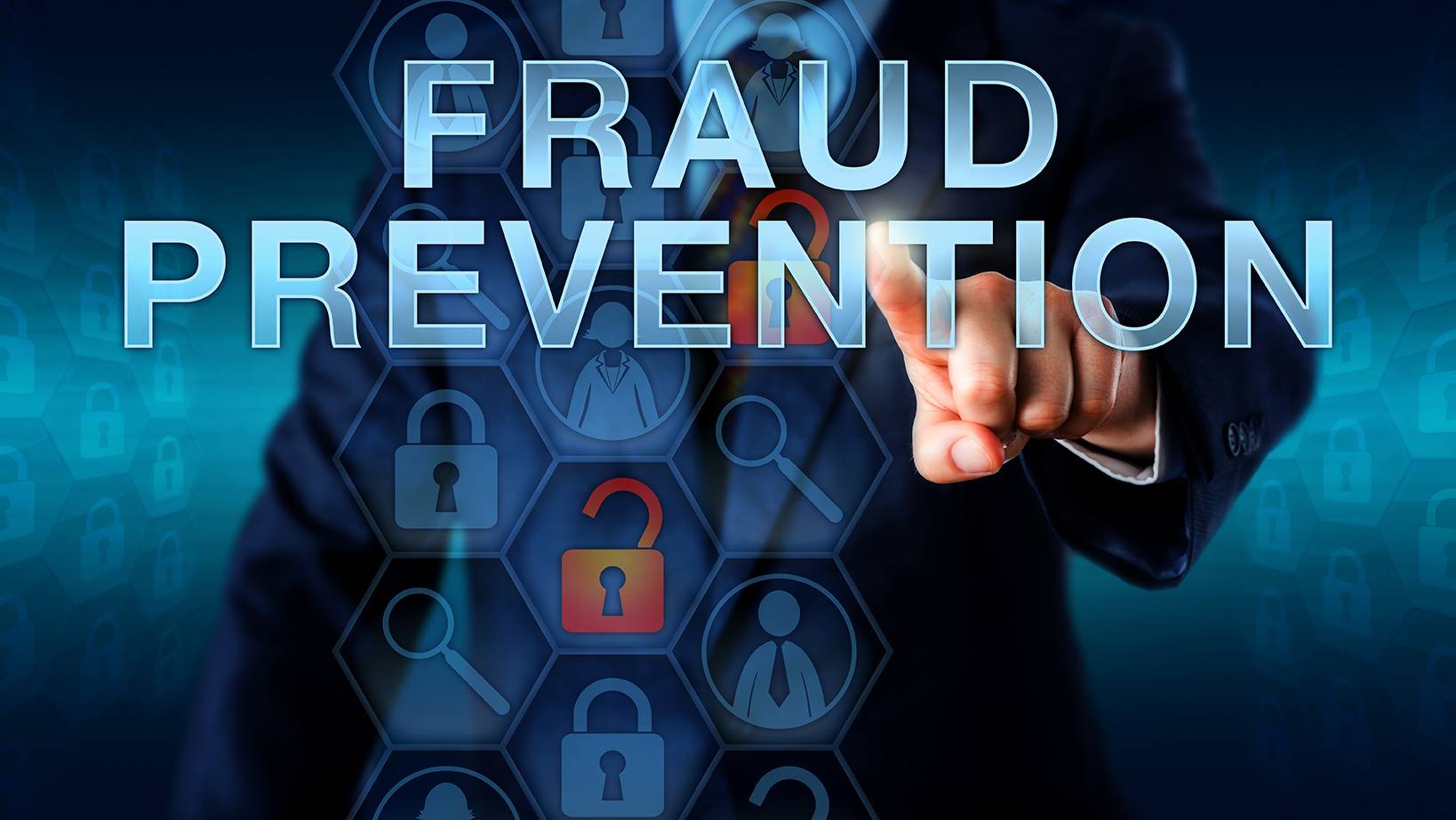Self-Study
Behavioral Forensics
Identify the behavioral patterns and emotional triggers behind fraud.

$29.00 – $49.00
Webcasts are available for viewing Monday – Saturday, 8am – 8pm ET.
Without FlexCast, you must start with enough time to finish. (1 Hr/Credit)
Please fill out the form below and we will reach out as soon as possible.
CPE Credits
1 Credits: Auditing
Course Level
Overview
Format
Self-Study
Course Description
Detailed data analysis is the primary tool for spotting fraud within an organization. What has been missed is that fraud is committed by people, and people engage in fraud based on behavioral conditions that can be spotted. In Behavioral Forensics, we address the behavioral effects that can arise when employees engage in fraud, behavioral red flags, the role of emotions in triggering fraudulent behavior, how auditors can use this information, and many related topics. After taking this fraud CPE course, you’ll be more capable of spotting behavioral cues that indicate the presence of fraud.
Learning Objectives
Upon successful completion of this course, participants will be able to:
- Recognize the situations in which fraud is more likely to be committed.
- Specify the various elements of the fraud triangle.
- Identify the differing behavioral effects when fraud is conducted by an individual, a group, and an entire organization.
- Recognize how fraudulent behavior can be internalized as being acceptable.
- Identify the various behavioral red flags associated with fraud.
- Recognize the deception tactics that may be used to mislead an auditor.
Course Specifics
SS924372674
February 15, 2024
There are no prerequisites.
None
37
Compliance Information
CFP Notice: Not all courses that qualify for CFP® credit are registered by Western CPE. If a course does not have a CFP registration number in the compliance section, the continuing education will need to be individually reported with the CFP Board. For more information on the reporting process, required documentation, processing fee, etc., contact the CFP Board. CFP Professionals must take each course in it’s entirety, the CFP Board DOES NOT accept partial credits for courses.
Meet The Experts

Steven M. Bragg, CPA, is a full-time book and course author who has written more than 300 business books and courses. He provides Western CPE with self-study courses in the areas of accounting and finance, with an emphasis on the practical application of accounting standards and management techniques. A sampling of his courses include the The New Controller Guidebook, The GAAP Guidebook, Accountants’ Guidebook, and Closing the Books: An Accountant’s Guide. He also manages the Accounting Best Practices podcast. Steven has been the CFO or controller of both public and private companies and has been a consulting manager with Ernst & Young and …
Related Courses
-
 Auditing
Auditing
Computer Fraud and Abuse
Marshall Romney, CPA, PhD, CFE QAS Self-Study
Credits: 6 $174.00
QAS Self-Study
Credits: 6 $174.00$174.00 – $204.00
-
 Auditing
Auditing
How to Audit for Fraud
Steven M. Bragg, CPA QAS Self-Study
Credits: 3 $87.00
QAS Self-Study
Credits: 3 $87.00$87.00 – $107.00
-
 Auditing
Auditing
Fraud Prevention, Detection, and Audit
Marshall Romney, CPA, PhD, CFE QAS Self-Study
Credits: 9 $261.00
QAS Self-Study
Credits: 9 $261.00$261.00 – $291.00
